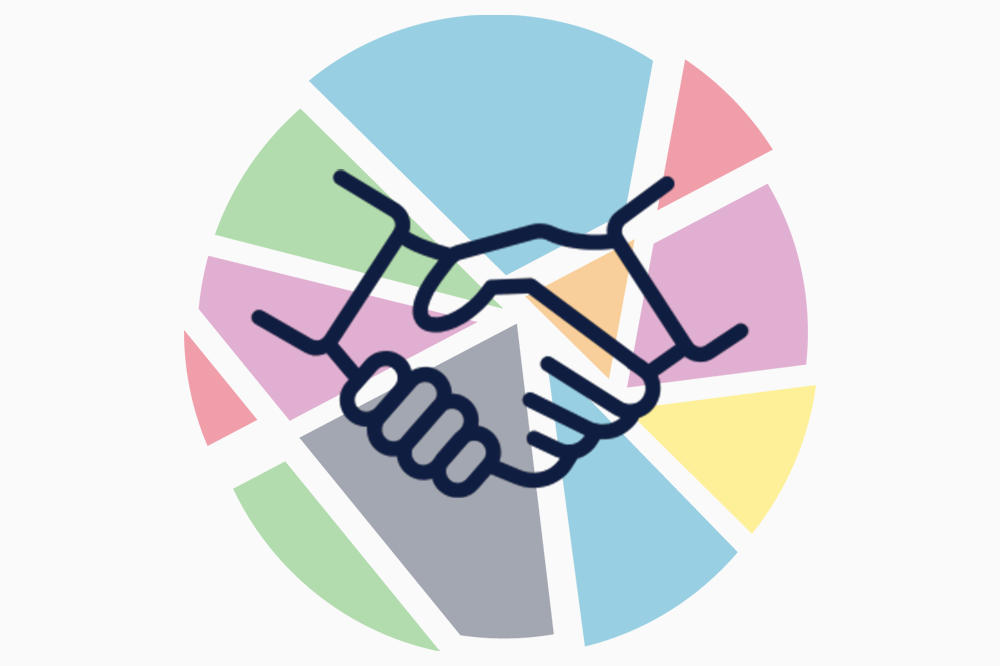
PeaceTech
Innovative data and digital tools to support peace research and practice
PeaceRep is a leading developer of PeaceTech and peace data. Our innovative datasets, tools, and visualisations support adaptive management of peace and transition processes.
As the cornerstone of our PeaceTech work, the PA-X Peace Agreements Database contains more than 2,000 peace agreements from peace processes between 1990 and 2024. PA-X data underpins a range of digital tools to support policy and practice, including visualisations, trackers, interactive timelines, infographics, and a mobile app.
At PeaceRep, we use Artificial Intelligence (AI) to enhance our peace and conflict research while maintaining rigorous academic standards and ethical practices. We have developed a set of core principles for responsible use of AI in peace research.
Explore the research methodology behind PeaceRep’s PeaceTech innovations through the Peace Analytics Series.
Explore PeaceRep’s stand-alone digital innovations and latest experimentations through the PeaceRep Lab.




